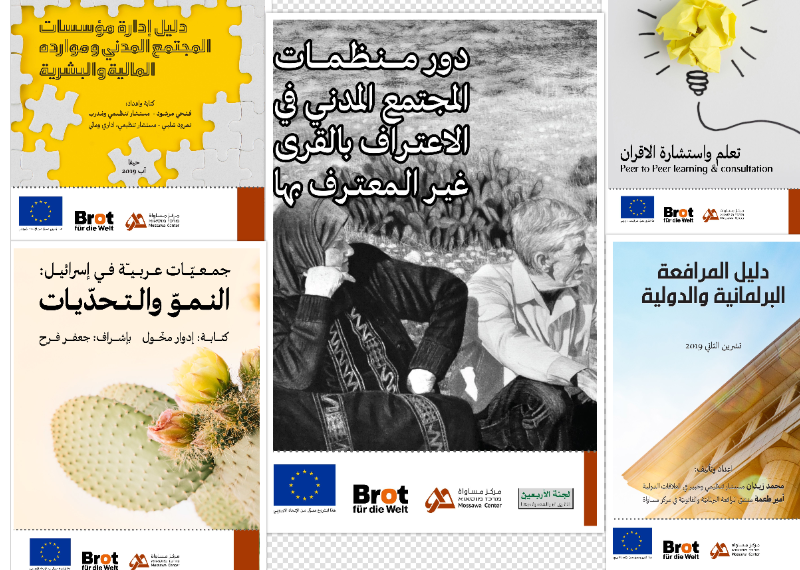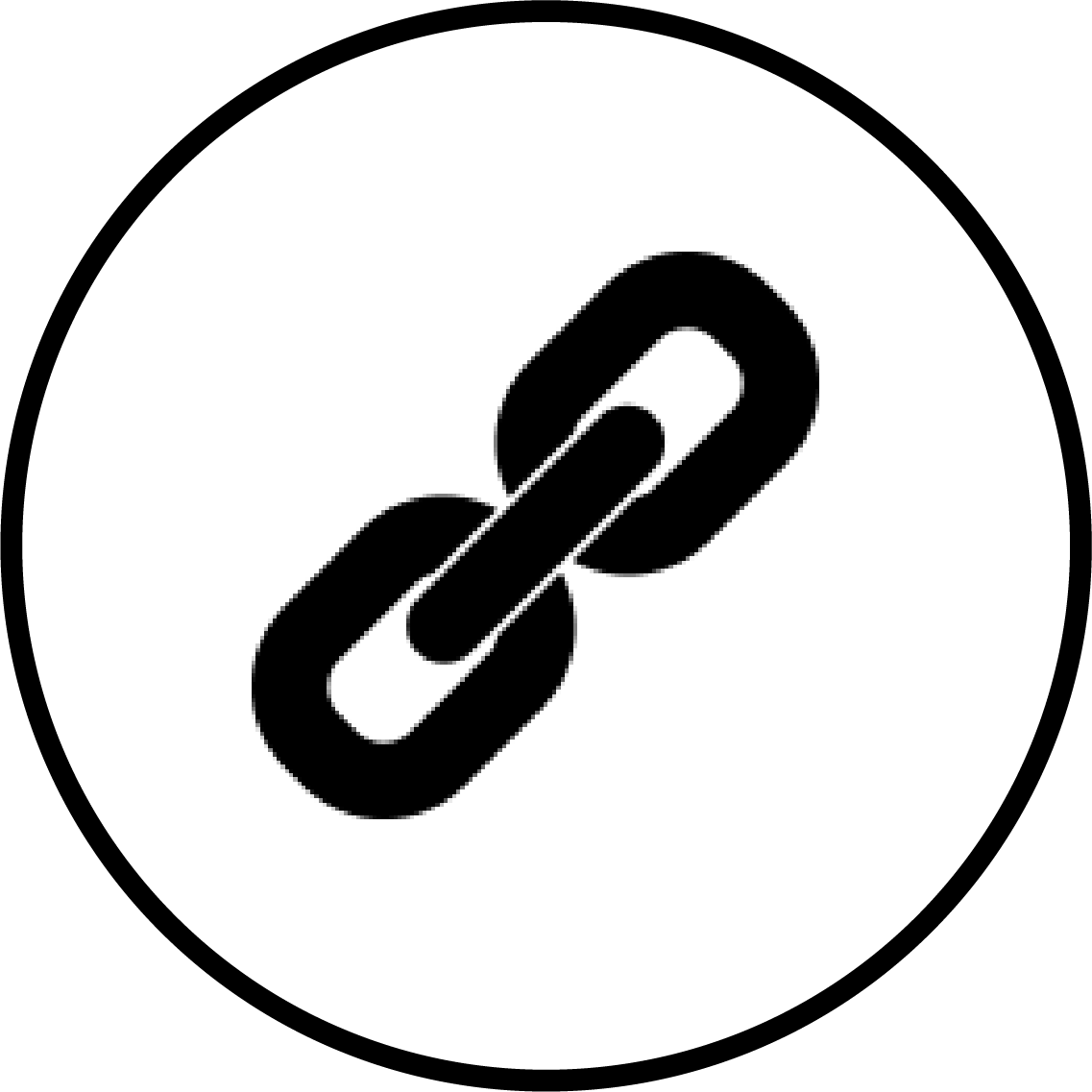
Palestinian Civil Society Conference to be held this Friday, 13th December
The Mossawa Center, in cooperation with its partners, will be holding its civil society conference this coming Friday, 13th December. The center has been preparing several working papers and dialogues on civil society, its development, current status and future challenges is drawing to a close. The upcoming conference intends to deepen cooperation between private institutions and participating organizations, including Al-Tufula Center, the Nurseries of Nazareth, Humanity Crew, CEGAS, Entimaa, and Al-Mashghal, who have been brought together on the initiative of the Mossawa Center and with support from the European Union.
The conference will be supervised by the organizational advisor and director of the civil society development program at the Mossawa Center, Fathi Marshood, who has provided ongoing support in the preparation of a set of working papers. These include papers on the reality and challenges in civil society, the experience of civil work in obtaining recognition for unrecognized villages (in cooperation with the Arab Center for Alternative Planning), the benefits of sharing resources and space between NGOs, and the strategies and mechanisms for local, parliamentary and international advocacy. A working paper was also prepared on sound management of civil society organizations and their relationship with the legal and community system. An overarching aim of these papers is to pool the vast but often diffuse knowledge in the civil society sector.
Marshood has stressed that one of the key objectives of the conference is to increase the visibility of civil society institutions in the public sphere and to enhance the role and the impact of the work of civil society organizations.
The Chairman of the Higher Follow-up Committee for Arab Citizens of Israel, Mr. Mohammad Barakeh, will open the conference sessions by launching a review of working papers and workshops on specialized topics.
The first panel, "Strategies and Challenges of Resource Development", will review the relationship between NGOs, the Arab private sector, and municipal, governmental and international funding institutions. It will also examine the effects of funding sources on the civil work programs and how this impacts their independence. The discussion will also touch on shrinking space for cultural institutions to operate, as well as the relationship between international funds and the development of community programs.
The second panel, “Civil society and its relationship with the general public, and issues such as violence, racist laws, occupation and poverty”, will discuss civil society and its relationship with the general public, and how it can deal with the most enduring issues in Arab Palestinian society – such as human resources, violence, poverty, development and identity. The members of Knesset and researchers on the panel are invited to address these issues and how civil society can confront them.
The third and final panel, “Civil Society: Challenges and Prospects of Cooperation and Joint Work between its institutions, among the local authorities, the leadership bodies and political parties”, will discuss prospects for cooperation and joint action between civil institutions, local authorities and political parties. As such, it will examine the possibilities of developing mutually beneficial relationships and how to draw on the vast well of experiences across civil society to move it forward.
During the conference, sub grants will be allocated to community initiatives, supported by a group of businessmen and the European Union. This will involve practical and financial support to more than ten community and youth initiatives. The businessmen that supported civil society initiatives are Walid Al-Afifi, "Mazawi Advertising", Ziad Omari, Edgar Khayyat and Salim Lahham.
In addition, the civil society project has founded a civil society website which aims to collect and publish information about Arab NGOs, entitled https://www.moassasat.org. This centralized resource will facilitate communication between NGOs and improve public awareness of civil society and its organizations. The benefits of this online initiative are manifold: it will increase the legitimacy of NGOs in the eyes of the public by increasing cooperation and transparency; it will streamline the NGOs by increasing cooperation and decreasing duplication of efforts; and, finally, it sets the stage for a more sustainable and self-sufficient CSO sector, which can draw on the extensive resources and contacts at the press of a button.
For additional details, please contact Mr. Fathi Marshood (civil-society@mossawa.org).

























